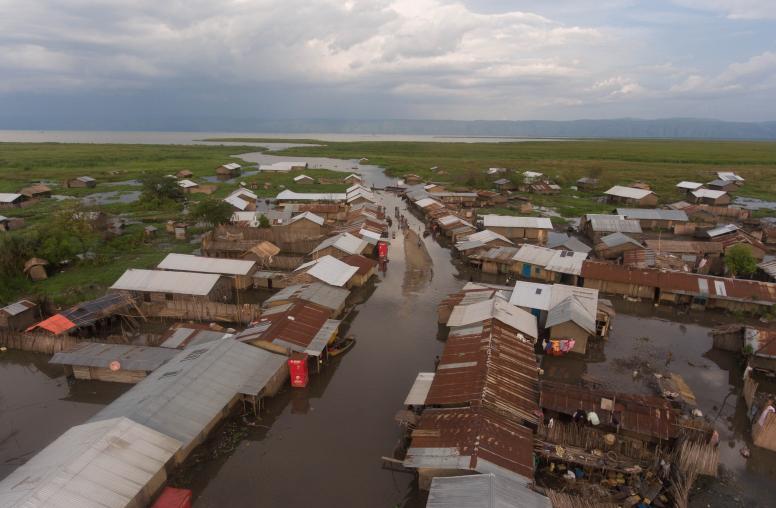How to Rehabilitate and Reintegrate Violent Extremists
Addressing Trauma and Reducing Stigma
As the loss of ISIS territory drives thousands of “foreign terrorist fighters” to return home, and hundreds of people convicted of terrorism-related offenses are scheduled for release over the next several years, communities worldwide are faced with rehabilitating and reintegrating people disengaging from violent extremism. Often returning to the same environments and social networks that facilitated violent radicalization initially, significant psychosocial and other support will be key to addressing trauma, reducing stigma, and guarding against recidivism.
The trauma- and stigma-related barriers to help-seeking behavior, prosocial interactions, and social healing are new challenges to preventing and countering violent extremism. While there is increasing consensus on the urgency of systematic rehabilitation and reintegration programs, a realistic or concrete proposition of just what such mechanisms might look like, and how they might operate, has not been put forward. USIP hosted this discussion of how policies and programs can address trauma and reduce stigma to foster cross-cutting affiliations and social learning, enable rehabilitation, and ease reintegration for people disengaging from extremist violence.
Take part in the conversation on Twitter with #ReintegratingExtremists.
Panelists
Jesse Morton
Founder and Co-director, Parallel Networks, and co-author of the forthcoming report, “When Terrorists Come Home: The Need for Rehabilitating and Reintegrating America’s Convicted Jihadists”
Dr. James Gordon
Founder and Executive Director, The Center for Mind-Body Medicine
Dr. Sousan Abadian
Franklin Fellow, Office of International Religious Freedom, Department of State
Stacey Schamber
Senior Program Officer, International Civil Society Action Network
Colette Rausch, moderator
Senior Advisor, U.S. Institute of Peace



